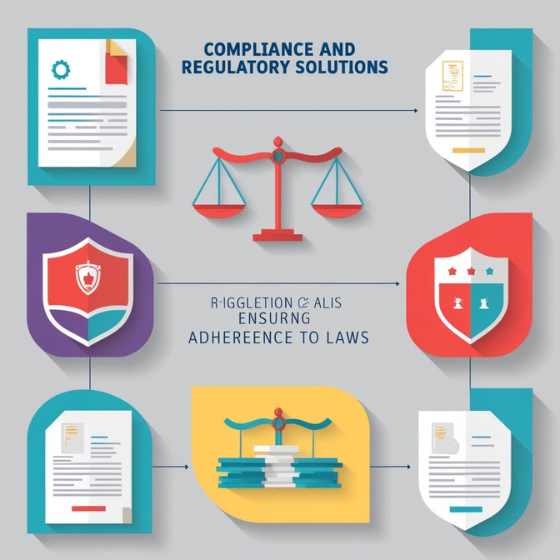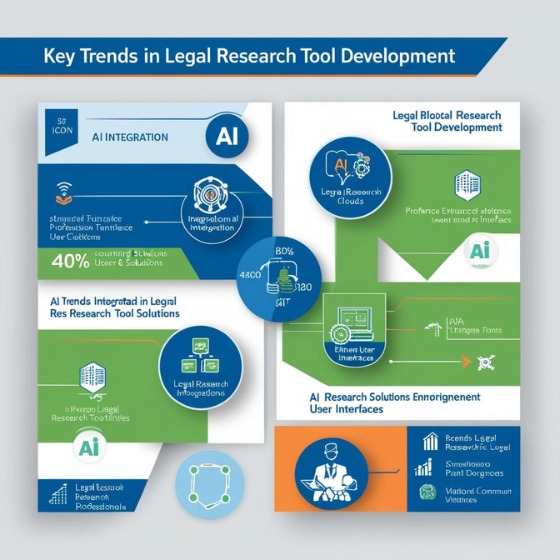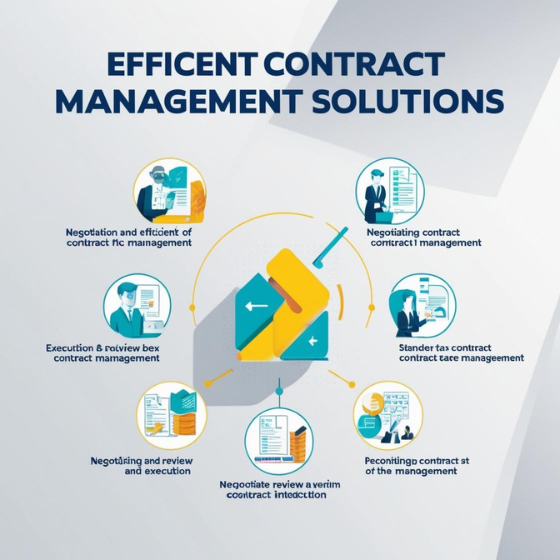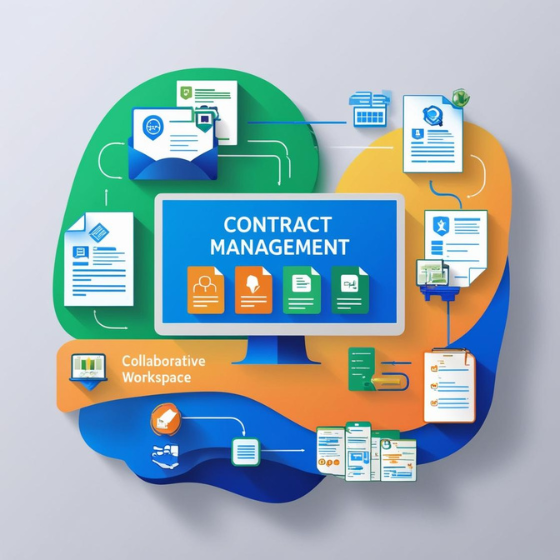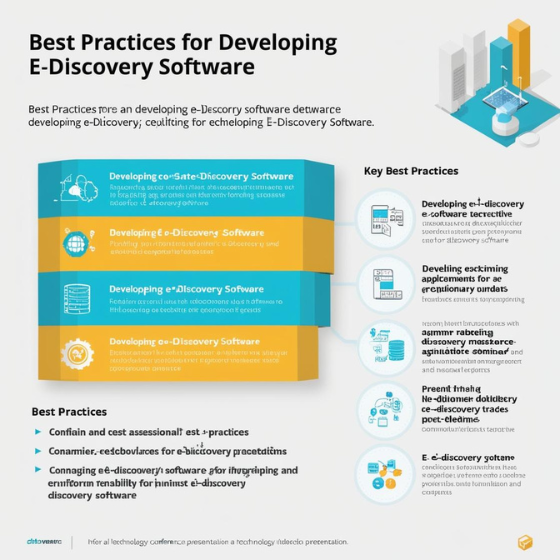Compliance and Regulatory Solutions: Ensuring Adherence to Laws
In today’s fast-paced business world, companies face constant pressure to stay compliant with evolving laws and regulations. With complex legal frameworks across industries, even a small misstep can lead to costly penalties and damage a company’s reputation. Therefore, many businesses are turning to compliance and regulatory solutions to help manage their regulatory obligations effectively.
This blog explores the importance of compliance solutions, key features, trends, and best practices for integrating them into your organization’s operations.
Why Compliance and Regulatory Solutions Are Important
All businesses must comply with a wide range of laws and regulations. These rules could relate to data protection, industry-specific standards, or general corporate governance. Non-compliance can lead to significant consequences, from legal penalties to a damaged reputation.
Benefits of Compliance and Regulatory Solutions
- Mitigating Legal Risks: With automated compliance tracking, businesses can quickly spot potential violations and address them before they escalate.
- Building Trust: Adhering to regulations demonstrates a company’s commitment to transparency, making it easier to build and maintain trust with customers, employees, and stakeholders.
- Boosting Efficiency: Compliance tools streamline administrative processes, reducing manual work and the chance of human error, which enhances overall operational efficiency.
- Preventing Financial Penalties: By ensuring ongoing compliance, businesses can avoid hefty fines or sanctions that might otherwise hurt their finances.
Key Features of Compliance and Regulatory Solutions
Effective compliance solutions come with various tools that help businesses stay compliant. Here are some key features that can help organizations succeed in meeting legal obligations.
Top Features to Look for in Compliance Solutions
- Automated Alerts and Updates: With regulations continuously changing, automated alerts help businesses stay informed about new legal requirements. This ensures that they remain compliant with minimal effort.
- Document Management and Reporting: A reliable compliance solution offers centralized document storage and reporting features, making audits and inspections simpler and more efficient.
- Risk Assessment Tools: These tools help organizations assess their compliance risks and take preventive actions to avoid non-compliance.
- Data Protection Features: In today’s digital age, data protection is critical. Many compliance solutions include features to ensure your organization adheres to data privacy laws like GDPR.
- Audit Trails and Documentation: Tracking all compliance activities with detailed logs ensures transparency and accountability, which is especially important for audits.
Trends in Compliance and Regulatory Solutions
The compliance landscape is always shifting, with new technologies and regulations continuously emerging. To stay ahead, businesses should keep an eye on these key trends in compliance and regulatory solutions.
1. Artificial Intelligence (AI) Integration
AI is transforming compliance management. With AI tools, businesses can automate compliance tasks, identify risks, and enhance decision-making processes.
- Automated Risk Detection: AI helps analyze large data sets to detect compliance issues and mitigate risks before they become problems.
- Continuous Monitoring: AI-powered systems can monitor activities in real time, ensuring that businesses remain compliant without manual intervention.
2. Cloud-Based Compliance Solutions
Cloud technology has revolutionized how businesses manage compliance. Cloud solutions provide businesses with scalable tools that can be accessed remotely and updated automatically.
- Access Anytime, Anywhere: Employees can use cloud-based solutions to collaborate on compliance tasks from any location, which boosts flexibility.
- Real-Time Updates: Cloud solutions can deliver instant updates on regulatory changes, helping businesses stay compliant with minimal delay.
3. Greater Focus on Data Security
As businesses become increasingly digital, ensuring data security is crucial. Compliance solutions are now focusing more on safeguarding sensitive information.
- GDPR Compliance: With data privacy laws like GDPR becoming more stringent, compliance tools ensure that businesses remain in line with these regulations.
- Enhanced Security: Many solutions come with additional security features, including encryption and multi-factor authentication, to protect data from unauthorized access.
4. Regulatory Technology (RegTech)
RegTech solutions combine innovation and regulatory compliance. They offer businesses an efficient way to adhere to regulations while minimizing costs.
- Automated Reporting: RegTech tools automate the process of generating compliance reports, reducing time and the risk of error.
- Evolving Regulations: These tools can quickly update their systems in response to changes in regulations, ensuring that businesses are always up to date.
Best Practices for Implementing Compliance Solutions
To get the most out of compliance and regulatory tools, businesses should follow best practices to integrate these solutions effectively.
1. Conduct a Risk Assessment
Before implementing any solution, it’s important to conduct a thorough risk assessment. Identify your organization’s unique risks and ensure that the compliance solution addresses these challenges directly.
2. Train Your Team
A well-designed compliance system is only effective if your team knows how to use it properly. Ensure that your employees are well-trained on how to navigate and utilize the compliance tools available.
3. Regularly Review and Update Your Compliance Processes
Compliance isn’t static; laws change and new regulations are introduced regularly. Regularly review your compliance processes and tools to ensure they align with the latest requirements.
4. Use Data Analytics for Better Insights
Data analytics allow businesses to gain deeper insights into their compliance status. Use analytics to spot trends, identify risks, and improve your compliance strategy over time.
Conclusion
In today’s complex regulatory environment, compliance and regulatory solutions are essential for businesses to stay on top of changing laws and regulations. These tools help organizations minimize legal risks, improve efficiency, and maintain data security. As trends like AI, cloud solutions, and RegTech reshape the compliance landscape, staying informed and adopting modern tools is key to avoiding penalties and maintaining operational success.
For businesses looking to streamline their compliance processes and ensure adherence to laws, contact Sodio. Our team of experts can help you choose the right compliance solution for your organization’s unique needs.
